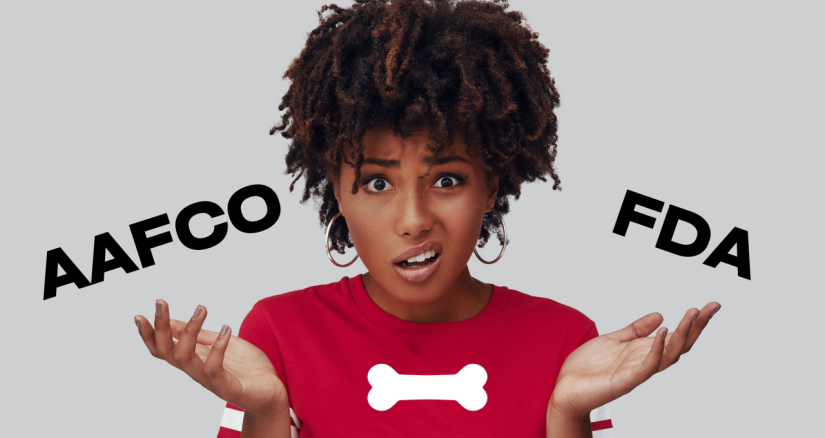
BSM Partners’ FSQAR Practice Can Help with State Registration!
One of the many services the Food Safety, Quality Assurance, and Regulatory Services (FSQAR) Practice at BSM Partners provides for our clients is state product registration for all pet foods, treats, and supplements. Not only do we register products, but our quality team has extensive experience in label revisions and can help expedite product approval.
The regulation of human food and pet food differs substantially. Similar to human food regulation, the Food and Drug Administration (FDA) regulates pet food safety by developing definitions for ingredients used in animal feed and pet food and creating a uniform language that states may adopt or reference in their animal feed laws. However, through a Memorandum of Understanding, the FDA has partnered with local and state agencies and the Association of American Feed Control Officials (AAFCO). Though AAFCO has no federal regulatory authority, it aids the FDA by effectively regulating pet food at the state level. A handful of states have adopted AAFCO regulations found in the official publication (OP) as law, while others are more general in their requirements.
Unfortunately, this difference between human food and pet food regulation leads to added complexity. All states differ in how they register products and the types of products they allow. For example:
- State registration deadlines vary from December 31st, June 30th, September 30th, or mid-February.
- Depending on the size of the products sold, tonnage reports may be required. States categorize products as <5lb, <10lb, or they may require small package fees in place of all tonnage.
- Some states require all pet food products to be registered online through a portal, though each portal for these states is different.
- Most states require commercial feed licenses to sell animal feed in their state.
- Some states require direct testing results to match the product labels.
- Some states add additional fees to support their programs with state product registrations.
- Most states still require paper forms for each product (each uses a different form).
- Product labels are required to be sent with license and registration applications. Depending on the state rules, this can be done in various ways – Printed copies, online submission, USB, email, or Dropbox.
- In addition to the registration of products, some states like California and Texas require a license for each manufacturing facility producing a product.
Imagine how convoluted this can get depending on the company's number of products and manufacturing facilities. These are a few from a very long list of differences among states. The BSM Partners team works with our clients to ensure products are appropriately registered and on time!
One issue that can add unnecessary time and cost to selling pet food products is unsuitable label design. States rely heavily on AAFCO requirements in this regulation; some states even require additional information to be provided on the label. Regulations are required for size and font of wording, Guaranteed Analysis format, AAFCO nutritional adequacy statements, and more. Minor mistakes, such as the improper use of words, can make or break the approval of a product. For example:
- Per AAFCO guidelines, a “with” statement can only be used for ingredients with an inclusion level over 3%.
- Using the word “promotes” can be seen as a drug claim –consider softening language and using something like “supports.”
Claims, in general, can be very difficult to navigate. The state sometimes requires proper justification for using an ingredient and its level of inclusion. This could be in the form of a GRAS statement or published literature. BSM Partners can help brands navigate all the documentation needed to make a label claim.
In the first quarter of 2024, AAFCO will release the Pet Food Label Modernization Model Regulation. The new model will drastically change how pet food labels are designed and the information contained on them, and each state will decide how to implement these changes. While AAFCO has recommended a transition period of 6 years, some states will likely expect these changes to be sooner. Having a team like BSM Partners that can help guide through this transition will be invaluable.
References
1. AAFCO. 2023. Official Publication. Association of American Feed Control Officials Inc.
Follow us on LinkedIn for the latest updates on all things happening here at BSM Partners.
About the Author
Dr. Emily Taylor is Manager of BSM Assurance, BSM Partners' Food Safety, Quality Assurance, and Regulatory Services team. Dr. Taylor is a nutritionist with over 14 years in the animal industry. She resides in Lafayette, Indiana, with her family, showing dressage horses.
This content is the property of BSM Partners. Reproduction or retransmission or repurposing of any portion of this content is expressly prohibited without the approval of BSM Partners and is governed by the terms and conditions explained here.